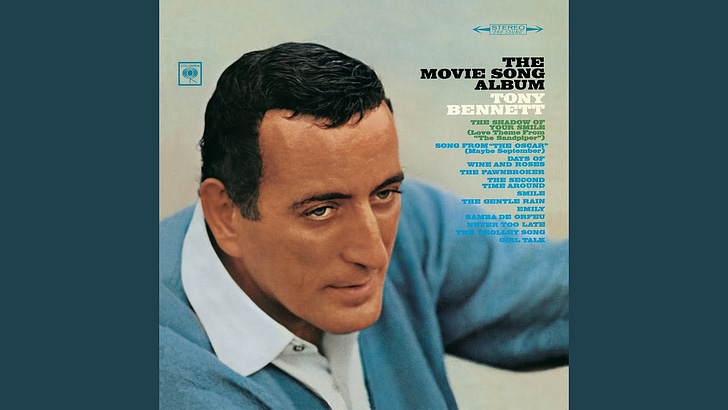If you have ever seen the film or watched the television show, “M.A.S.H,” you already know the most famous song ever written by the composer of this week’s Sometimes a Song, Johnny Mandel. Whether you love or hate the movie, the theme song is pretty memorable — the tune, that is. Johnny Mandel composed that piece of music not knowing that it would be …
Keep reading with a 7-day free trial
Subscribe to Word & Song by Anthony Esolen to keep reading this post and get 7 days of free access to the full post archives.



